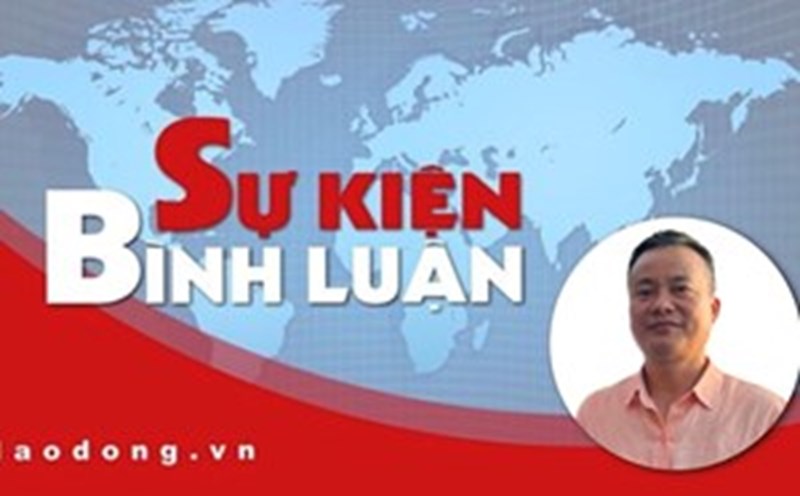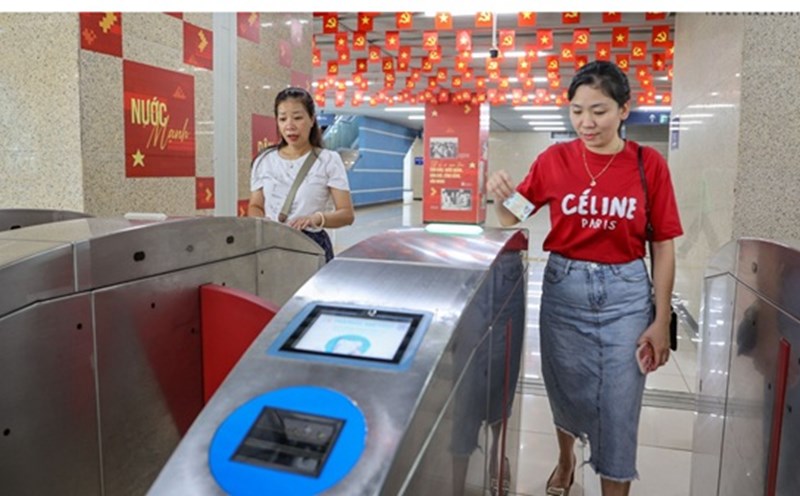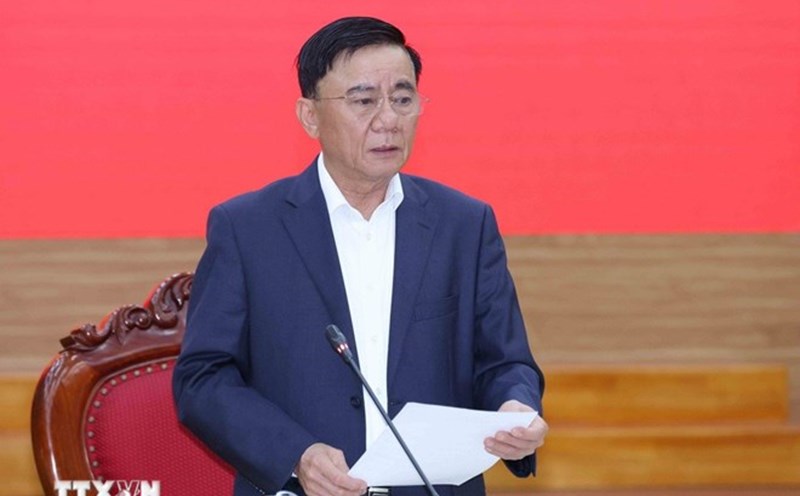On September 20, an international scientific conference was held in Ho Chi Minh City "L legal framework on International Financial Centers: Foreign experience and references to Ho Chi Minh City", attracting many domestic and foreign experts and managers.
Lessons from international models
At the conference, experts from France, Korea, Singapore, Dubai... shared their experiences in successfully building and operating the International Financial Center (TTTCQT).
Mr. Richard D. McClellan - Vice Chairman of the Advisory Council of the Vietnam International Financial Center (Da Nang) said that since 2024, the Vietnamese Government has issued many important decisions on taxes, fees, real estate, settlement, dispute resolution authority and pilot investment control, creating a foundation for the formation of a QTC. However, these policies still need time to be researched and perfected.
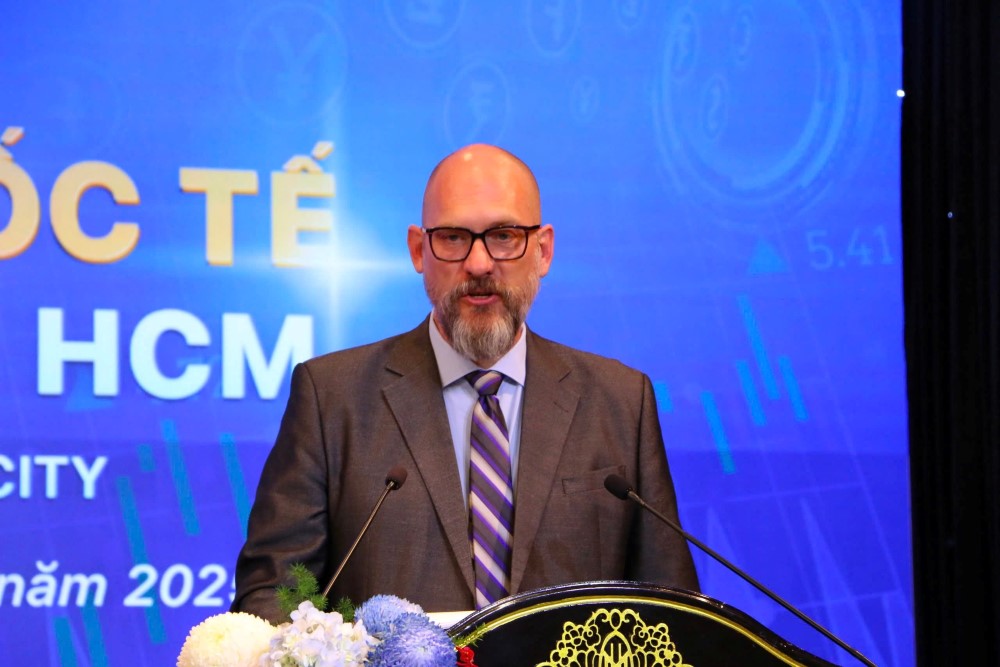
Mr. McClellan emphasized that the "three-way" mechanism including the World Bank, international courts and domestic agencies will help protect the rights of investors transparently and effectively. Vietnam needs to have clear incentives, apply international law, use English and modern financial technology, and build long-term trust through transparent and consistent policies. Lessons from Dubai, Singapore, Hong Kong show that early preparation of mechanisms and human resources is a prerequisite. He noted that Ho Chi Minh City should not wait until the time of operation to implement, but must be ready from the beginning, especially the international dispute resolution mechanism.
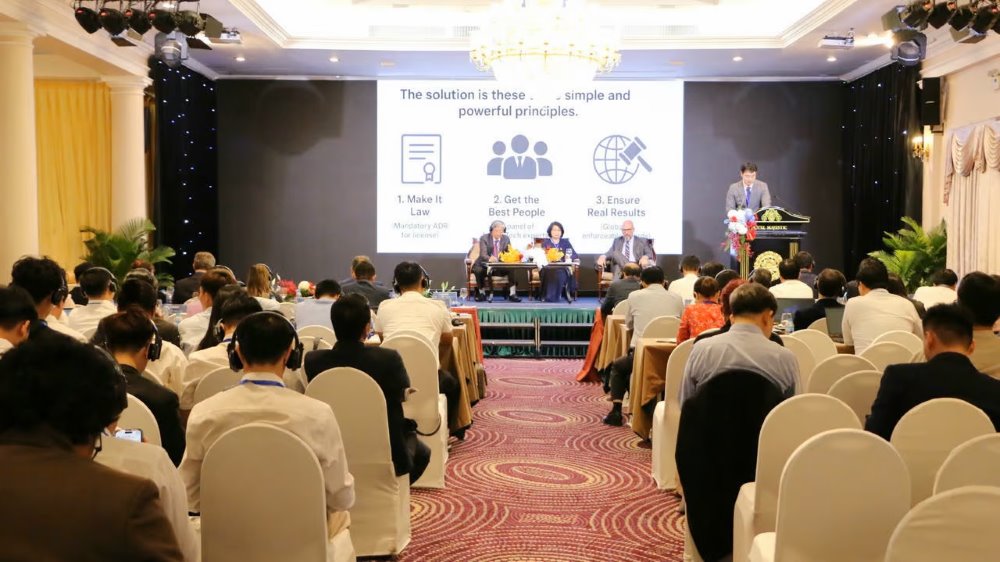
Mr. Olivier Vigna - Deputy Executive Director, Public Relations and Policy Mobilization Department, Paris Europlace (France) emphasized that the scale of the market and the young, dynamic population is an advantage of Vietnam. To attract strategic investors, Vietnam needs policies to attract long-term capital, develop asset management, private equity, and focus on liquidity in the stock market. According to him, the quality of human resources, labor productivity and a favorable living environment for experts are necessary factors to retain investors.
Mr. Michael Chin, Member of the Executive Board of Directors of Man Line Wongnai (Korea), shared his experience from Seoul, where the financial center has developed successfully thanks to a clear legal framework, ensuring rights and the ability to recover capital for investors. The three pillars of banking, securities and credit are placed in a transparent and fair competitive framework. For Vietnam, he emphasized the need to strengthen the protection of individual investors, supervise law enforcement, promote the advantages of financial technology human resources, and consider the development of a green economy and green finance as an inevitable trend.
Legal framework - a decisive factor
Prof. Dr. Le Hong Hanh, President of the Vietnam International Arbitration Center, affirmed that the legal framework is the key foundation for deciding the success of the settlement. He pointed out four pillars: a suitable governance model, clear application of laws, solidarity with international finance and a transparent and timely dispute resolution mechanism.
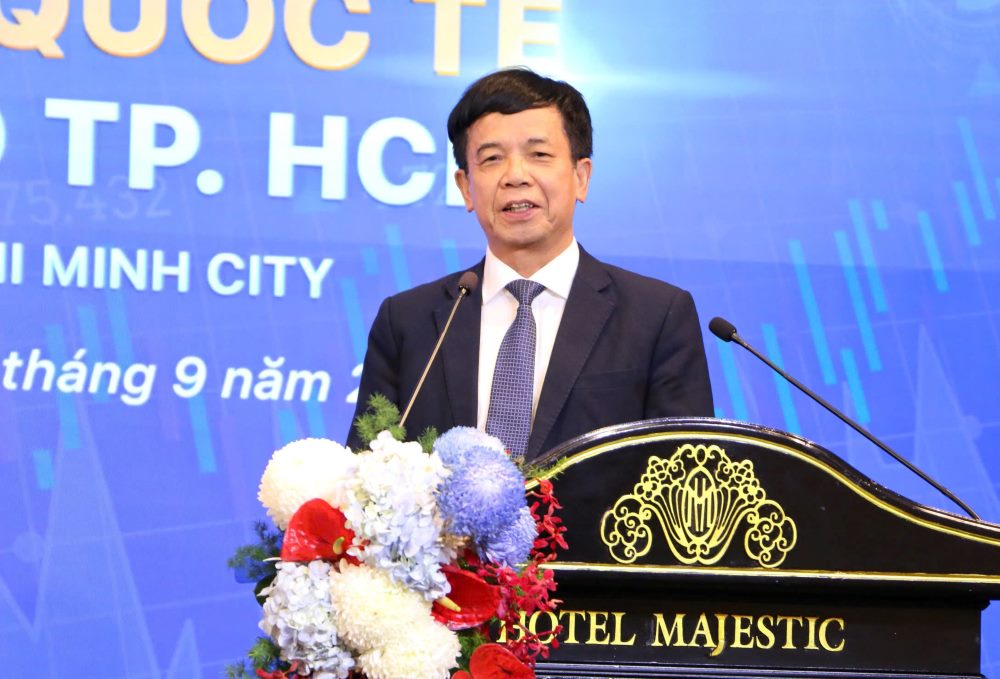
Comparing Dubai, Astana and Shanghai, Mr. Le Hong Hanh said: Dubai and Astana have independent courts, separate laws, applying international model law; while Shanghai depends on the domestic legal system, so independence is limited. He noted that the TTTCQT often takes decades to prepare to operate effectively.
According to Professor Hanh, Vietnam currently has many legal gaps: lacking a governance model that meets international standards, not clearly defining the position of the VBSP in the financial - judicial system, and not having a sufficient independent arbitration mechanism. If the national law is directly applied, the center will easily encounter overlaps in land, taxes, and securities. He asked: "Will the VTC have a specialized court or just a part of the Ho Chi Minh City People's Court? Will the referee center be under the Ministry of Justice or the Ministry of Natural Resources and Environment? What will the mechanism of the litigation be?
He affirmed that only by thoroughly solving these problems can Vietnam build a truly sustainable financial center. We can learn from the Cambridge model with the principle of transparency, freedom of contract and effective dispute resolution. At that time, Ho Chi Minh City will truly become an international financial center, instead of just on paper, emphasized Professor Hanh.
According to experts, Ho Chi Minh City has all the advantages to build a commercial center if it is guaranteed by a transparent legal framework and flexible management mechanism. When carefully prepared and operated in the right direction, this center will become a driving force for institutional innovation, attracting international financial resources and enhancing Vietnam's position on the global economic map.



